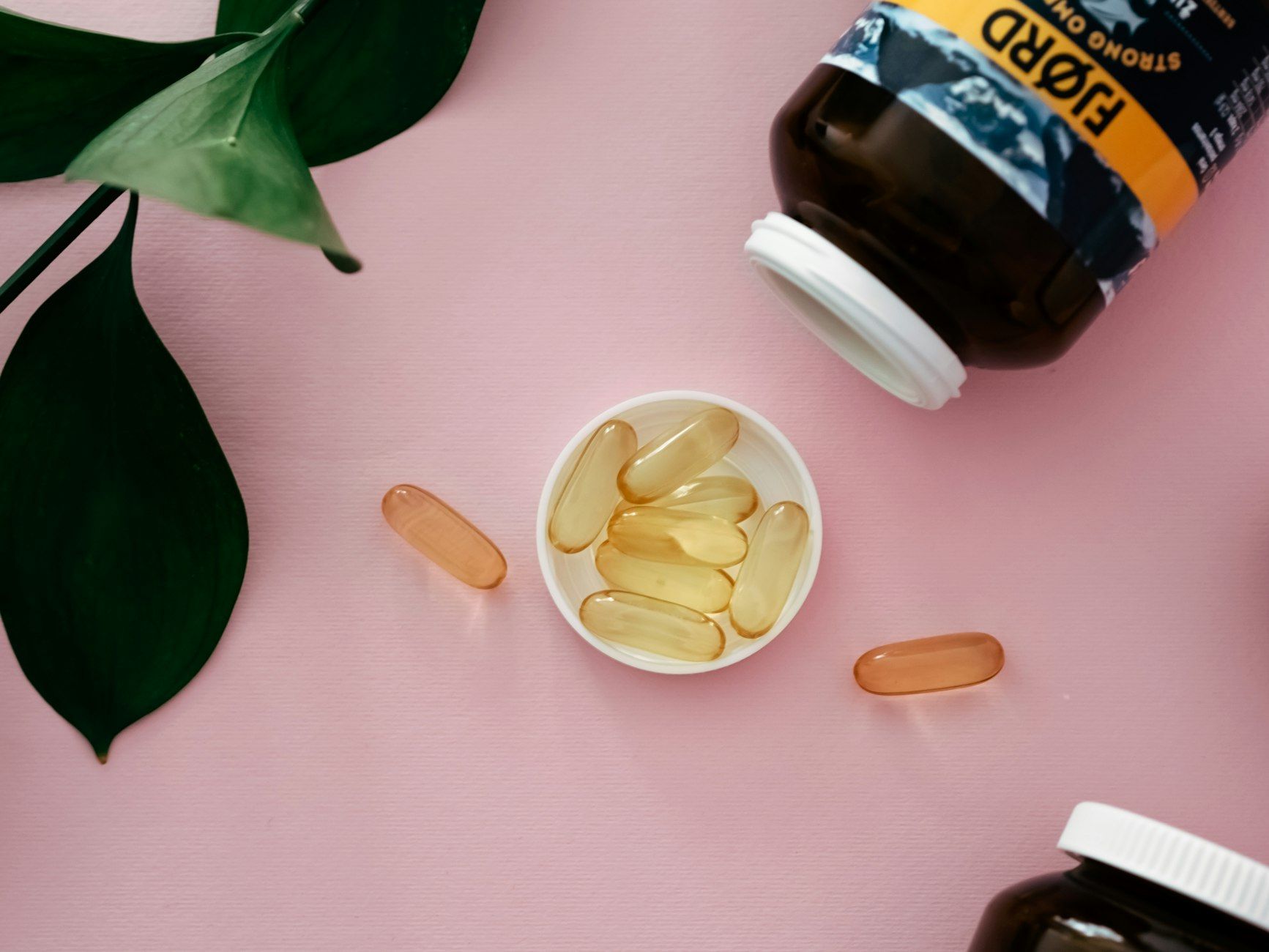Boost Your Health with Vitamin D: Benefits and Sources



Are you looking to boost your health naturally? Look no further than the sunshine vitamin – Vitamin D! This essential nutrient plays a crucial role in our overall health and well-being. In this article, we'll explore the benefits of Vitamin D, its food sources, and how you can ensure you're getting enough of this vital vitamin.
The Benefits of Vitamin D
Vitamin D, also known as the "sunshine vitamin," is important for various bodily functions. One of the key benefits of Vitamin D is its role in maintaining healthy bones and teeth. It helps the body absorb calcium, which is essential for bone health. Adequate Vitamin D levels can help protect against bone-related conditions such as osteoporosis.
In addition to bone health, Vitamin D is also believed to support the immune system. Studies have shown that Vitamin D may help reduce the risk of respiratory infections and support overall immune function. Adequate levels of Vitamin D have also been associated with a reduced risk of chronic diseases such as heart disease and certain types of cancer.
Sources of Vitamin D
The primary source of Vitamin D is sunlight. When the skin is exposed to sunlight, it produces Vitamin D. However, many people may not get enough sunlight exposure due to various reasons such as working indoors or living in areas with limited sunlight. In such cases, it's important to get Vitamin D from other sources.
Apart from sunlight exposure, Vitamin D can also be obtained from food sources. Some of the best sources of Vitamin D include fatty fish like salmon and mackerel, egg yolks, and fortified foods such as milk, orange juice, and cereals. Including these foods in your diet can help ensure you're getting an adequate amount of Vitamin D.
Boosting Health with Vitamin D
If you're unable to get enough Vitamin D from sunlight and food sources, you may consider taking Vitamin D supplements. These supplements can help boost your Vitamin D levels and support overall health. However, it's important to consult with a healthcare provider before starting any supplementation regimen to determine the right dosage for you.
In addition to supplements, incorporating Vitamin D-rich foods into your diet can also help improve your Vitamin D levels. Regularly consuming foods like salmon, eggs, and fortified dairy products can contribute to your overall Vitamin D intake.
Vitamin D for Immunity
Vitamin D plays a crucial role in supporting the immune system. Adequate levels of Vitamin D can help the body fight off infections and reduce the risk of developing illnesses. Especially during the colder months when the risk of colds and flu is higher, ensuring optimal Vitamin D levels can be beneficial for maintaining a strong immune system.
Preventing Vitamin D Deficiency
Vitamin D deficiency is a common issue that can lead to various health problems. Symptoms of Vitamin D deficiency can include fatigue, bone pain, muscle weakness, and an increased risk of infections. To prevent Vitamin D deficiency, it's important to get regular exposure to sunlight, consume Vitamin D-rich foods, and consider supplementation if needed.
How to Get Vitamin D: Health Tips
To ensure you're getting enough Vitamin D for optimal health, consider the following health tips:
- Get regular sunlight exposure, especially during the sunnier months.
- Incorporate Vitamin D-rich foods into your diet, such as fatty fish, egg yolks, and fortified foods.
- Consider taking Vitamin D supplements under the guidance of a healthcare provider.
- Monitor your Vitamin D levels regularly through blood tests to ensure you're within the recommended range.
In conclusion, Vitamin D is a vital nutrient that plays a crucial role in maintaining overall health and well-being. By ensuring you're getting enough Vitamin D through sunlight, foods, and supplements if necessary, you can support your bone health, boost your immunity, and reduce the risk of chronic diseases. Prioritize your Vitamin D intake to optimize your health and well-being.





